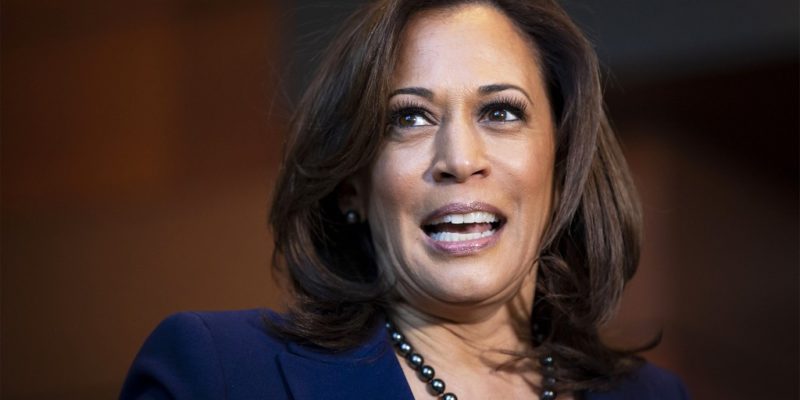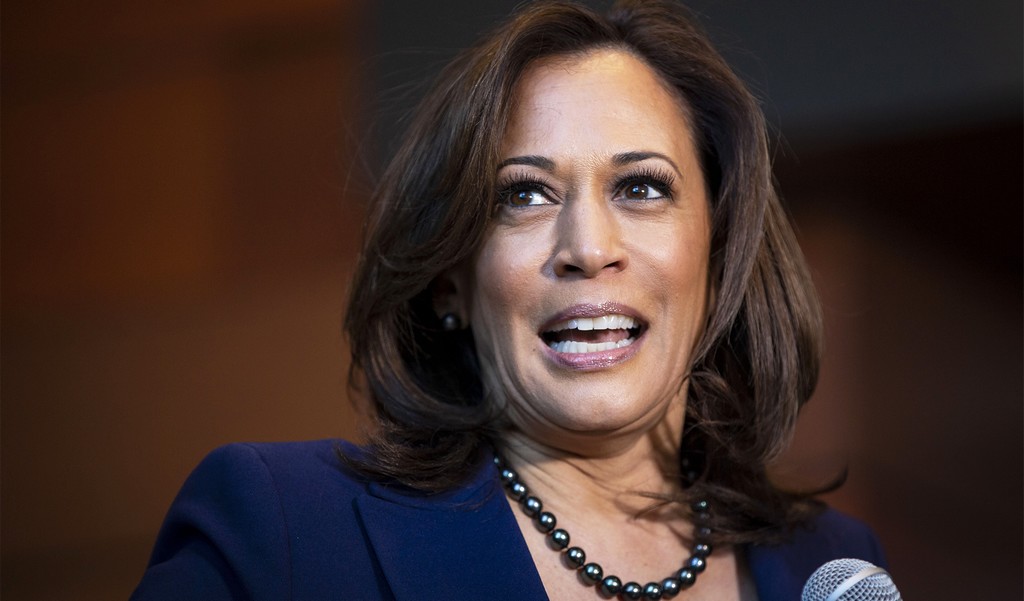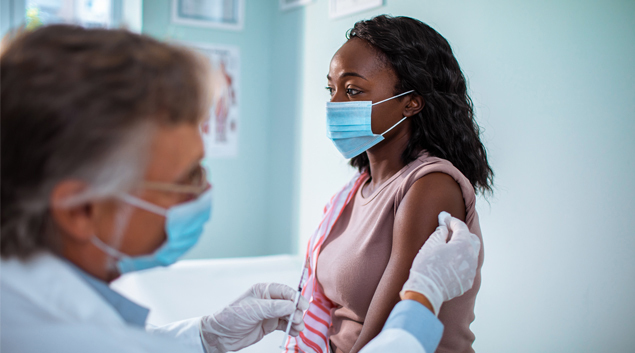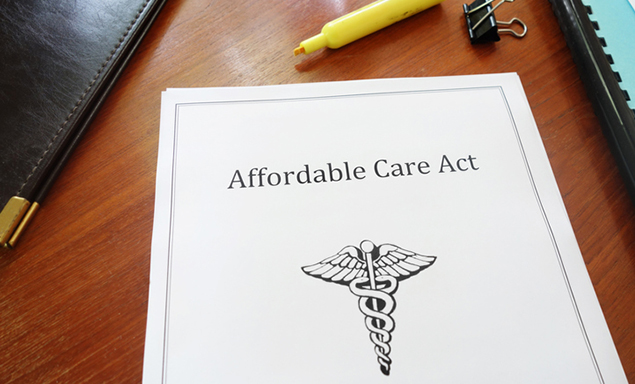
The Democrats have made it clear that this presidential election is about race and defeating President Trump.
When Senator Kamala Harris, who accepted the party’s vice presidential nomination during the Democratic Convention last night, spoke on healthcare, she focused on its racial disparities. The issue has moved to the political forefront because of the Black Lives Matter movement and due to statistics showing COVID-19 has disproportionately affected people of color.
The first time she raised the issue of healthcare she took aim at President Trump’s claim that she is not legally eligible to serve as vice president because her mother is from India and her father is from Jamaica, when she said she was born at a Kaiser hospital in Oakland, California.
HIMSS20 Digital
Learn on-demand, earn credit, find products and solutions. Get Started >>
The second time she addressed healthcare during last night’s speech, Harris attacked the divisions caused by racism.
“And while this virus touches us all, we’ve got to be honest, it’s not an equal opportunity offender,” Harris said. “Black, Latino and indigenous people are suffering and dying disproportionately. And this is not a coincidence. It is the effect of structural racism: of equities in education and technology, healthcare and housing, job security and transportation; the injustice in reproductive and maternal healthcare; and the excessive use of force by police; and in our broader criminal justice system.”
Harris is the former Attorney General of California.
“And let’s be clear,” she continued. “There is no vaccine for racism.”
The Democratic Convention has not been about healthcare policy, Medicare for All, or a public and private health insurance option and a stronger Affordable Care Act supported by the party’s presidential nominee, Joe Biden.
“He championed the Affordable Care Act, protecting millions of Americans with preexisting conditions,” Harris said in asking Americans to vote for Biden. “We have shown when we vote, we expand access to healthcare, and expand access to the ballot box, and ensure that more working families can make a decent living.”
Harris also praised the frontline workers who have put their own safety on the line in battling the coronavirus.
During the Democratic debates, Harris first raised her hand in support of Medicare for All, and then backed off.
But currently the policy debate is taking a back seat to the goal of healing a racial divide in healthcare.
In July, the Centers for Disease Control and Prevention said long-standing systemic health and social inequities have put many people from racial and ethnic minority groups at increased risk of getting sick and dying from COVID-19.
The CDC defined racial and ethnic minority groups as including people of color with a wide variety of backgrounds and experiences who may have similar social determinants of health that have historically prevented them from having fair opportunities for economic, physical and emotional health.
“There is increasing evidence that some racial and ethnic minority groups are being disproportionately affected by COVID-19,” the CDC said. “Inequities in the social determinants of health, such as poverty and healthcare access, affecting these groups are interrelated and influence a wide range of health and quality-of-life outcomes and risks. To achieve health equity, barriers must be removed so that everyone has a fair opportunity to be as healthy as possible.”
Barriers include discrimination, including racism, being uninsured, lack of provider access due to transportation, child care issues or the inability to take time off of work, communication and language barriers, and cultural differences between patients and providers, the CDC said. Other contributors could include a distrust of government and educational, income, wealth and housing gaps.
On August 11, Biden announced Harris of California as his running mate. If elected, Harris would become the first female, first Black and first Asian American vice president. In 2017, Harris cosponsored Sen. Bernie Sanders’ single-payer solution to health insurance, Medicare for All.
But in 2020, she released her own healthcare plan in which consumers could either purchase insurance from the government or buy plans from private payers. She called for an expanded Medicare system over a 10-year period.















